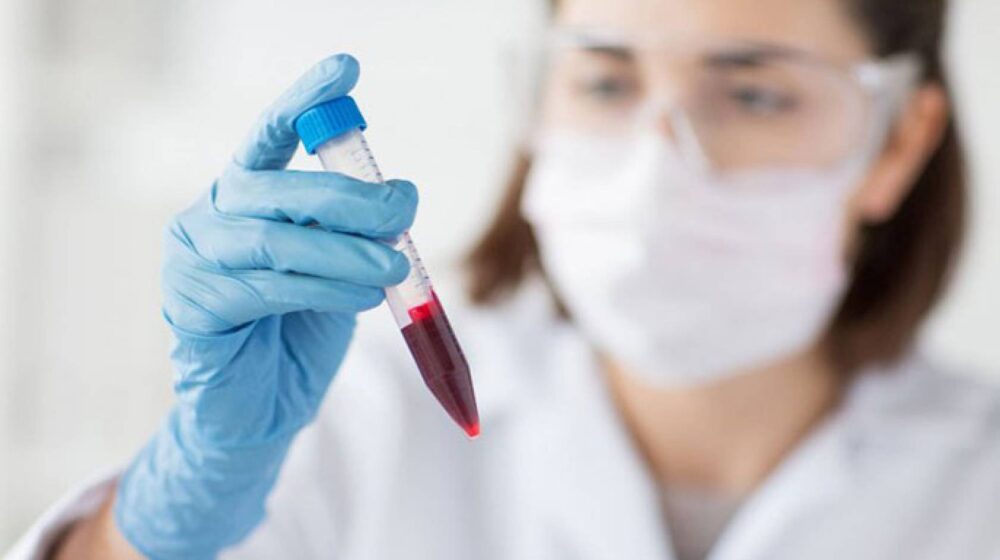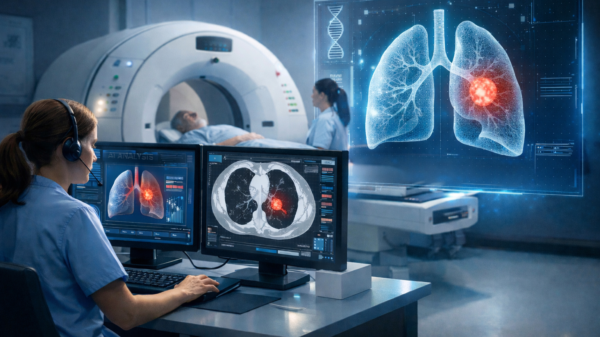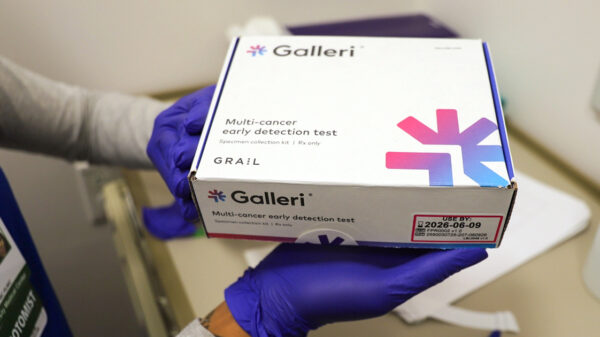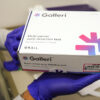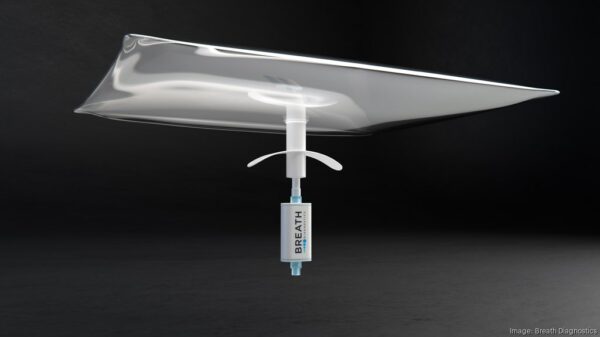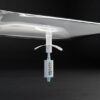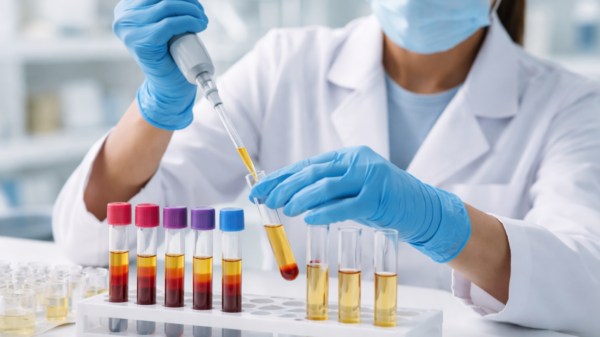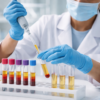The National Health Services in England is prepared to introduce a liquid biopsy blood test, which it believes will offer new hope to lung and breast cancer patients.
Announced originally on Friday, the test analyzes DNA fragments from a prospective tumour circulating in the blood stream. This will allow doctors to prescribe personalized treatments faster and approximately 15,000 patients will benefit from this development each year.
The liquid biopsy identifies specific genetic mutations, eliminating the need for traditional tissue biopsies in many cases. As a result, patients experience shorter wait times and gain quicker access to targeted therapies.
Doctors will first use the test for lung cancer patients. However, officials have confirmed it will soon help breast cancer patients as well. The test will detect a wider range of genetic variants to determine eligibility for targeted treatment.
The program is expanding after completing a successful pilot with over 100,000 non-small cell lung cancer sufferers. Additionally, researchers hope to apply the test to other types of cancer in the future.
“Lung cancer is a disease where uncontrolled cell growth occurs in the lung leading to tumours,” explains Dr Jenny Messenger, consultant in respiratory and general medicine at Nuffield Health Brighton Hospital.
Messenger said that lung cancer comes from many sources but the principle one is smoking. Some of the others include genetic causes,. It can be linked to pollution, obesity, asbestos exposure and other work oriented chemicals.
At present, lung cancer is most commonly diagnosed with a chest CT scan. Furthermore, early diagnosis is directly correlated with increased survival rates.
Read more: Breath Diagnostics now offering a compelling investment opportunity
Read more: Breath Diagnostics gives the public the chance to join the fight against cancer
Low-dose CT scans remain the gold standard for lung cancer screening
The NHS will also use the test for breast cancer patients to check for a wider range of genetic variants. This could benefit 5,000 women each year. In addition, the NHS is exploring the test’s use for other types of the disease, including pancreatic and gallbladder cancer.
Professor Peter Johnson, NHS national clinical director for cancer, praised liquid biopsies for ushering in a new era of personalised care. Meanwhile, Health Secretary Wes Streeting said the testing will “give thousands of people peace of mind.”
Rebeca Proctor, a stage 4 lung cancer patient, directly benefited from the liquid biopsy. It revealed an ALK genetic mutation and led to targeted treatment with brigatinib. As a result, she says the test gave her “her life back.”
While low-dose CT scans remain the gold standard for lung cancer screening, several promising alternatives are emerging. Companies like Grail Inc (NASDAQ: GRAL) have developed blood-based tests that detect early-stage cancer by identifying DNA fragments shed by tumours. Their Galleri test can screen for multiple types of the disease, including lung, using just a single blood draw.
Furthermore, Breath Diagnostics and OneBreath are exploring breath analysis as a non-invasive screening tool. These tests detect volatile organic compounds (VOCs) that cancer cells release into the lungs. Because the process is quick and painless, it offers an attractive alternative for patients who avoid traditional scans.
Here is Ivan Lo, CEO of Breath Diagnostics, discussing the benefits of OneBreath.
In addition, Owlstone Medical is developing breath biopsy technology that captures chemical biomarkers related to cancer metabolism. Researchers are currently testing its effectiveness in early lung cancer detection.
.

